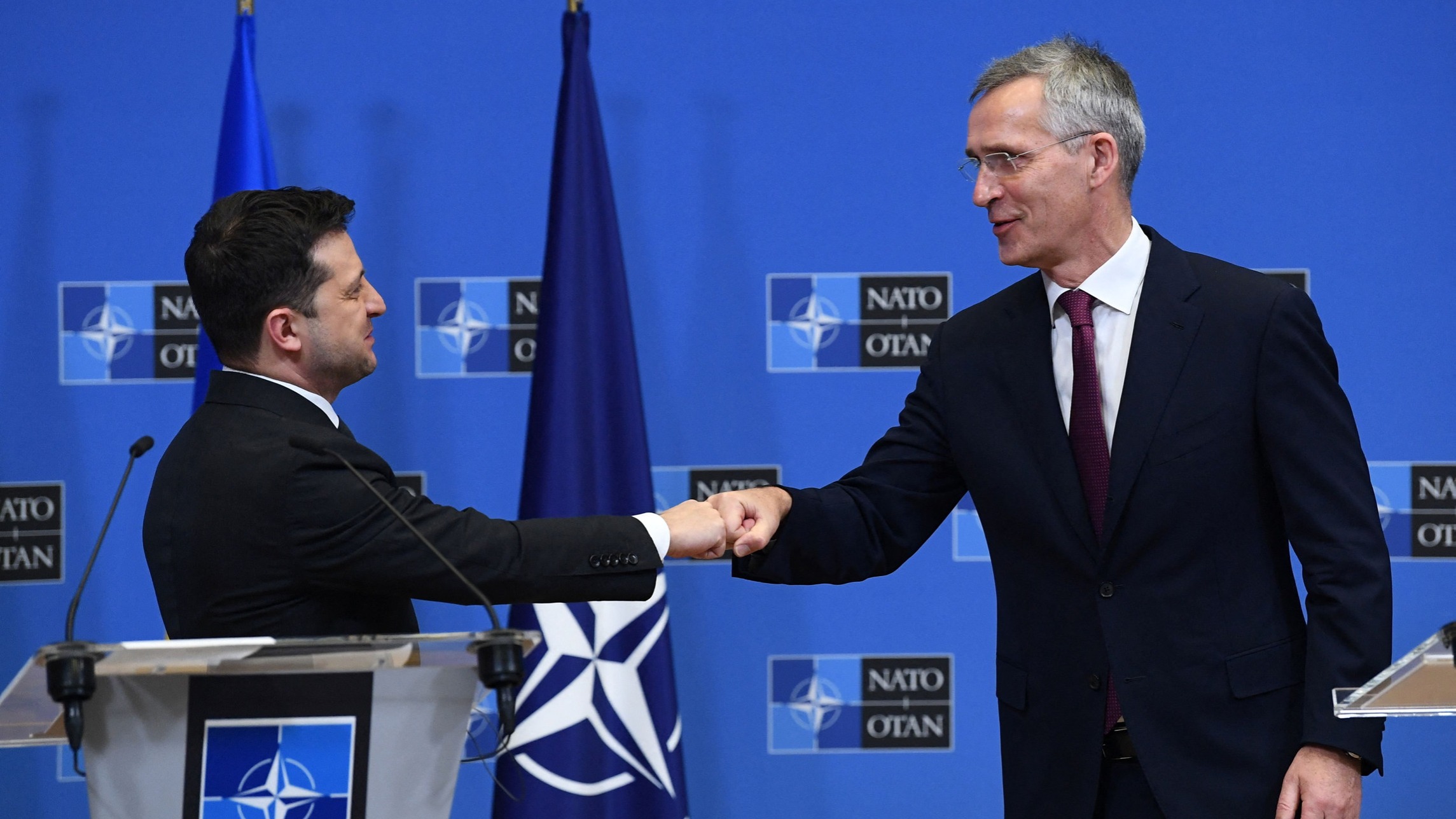In a critical development before his trip to Europe, President Joe Biden has conveyed that Ukraine is not yet prepared to become a member of NATO. The President’s statement reflects a cautious approach, emphasizing that the alliance is also not fully ready to accommodate Ukraine’s entry. While this decision could potentially deter Moscow, it carries the risk of escalating tensions and a potential US-Russia conflict.
Biden’s Position on Ukraine’s NATO Membership:
President Biden has placed significant importance on assisting Ukraine in repelling the Russian invasion, including controversial decisions such as sending cluster bombs. However, in an exclusive CNN interview, he sent a clear message to Kyiv that despite their persistent efforts, it is unlikely that a specific date for NATO membership will emerge from the alliance’s summit in Lithuania this week.
Divergent Views within NATO on Ukraine’s Readiness:
While some eastern European NATO members are eager to expedite Ukraine’s accession to the alliance, other first-generation states, including the United States, exercise caution. Their hesitance stems from concerns that fast-tracking Ukraine’s NATO membership could provoke direct conflict with Russia, a scenario that President Biden is eager to avoid. Biden revealed that he had extensively discussed the matter with Ukrainian President Volodymyr Zelensky and had rejected giving Russian President Vladimir Putin veto power over Ukraine’s eventual membership.
The Delicate Balance: Deterrence versus Risk of Conflict:
The issue of Ukraine’s NATO membership highlights the delicate balance between deterring Russian aggression and the potential risks of triggering a conflict. While Ukraine’s inclusion could strengthen NATO’s defense capabilities and weaken its primary adversary in Europe, the risk of a direct confrontation with Russia remains a significant concern. President Biden’s cautious approach reflects his desire to avoid a war that could have severe global consequences.
Ukraine’s Struggle: Moral Case for NATO Membership amidst Ongoing War:
Ukraine has consistently argued that it is fighting against Russian expansionism on behalf of the West and has weakened NATO’s primary adversary in Europe. As a result, Ukraine believes it has a moral case for receiving the defense guarantees that NATO states enjoy. However, even President Zelensky recognizes that Ukraine cannot join NATO while the conflict persists. The ongoing war has resulted in numerous crimes against humanity and continues to take a toll on the country’s infrastructure and population.
As the NATO summit takes place in Lithuania, the debate over Ukraine’s potential membership intensifies. President Biden’s cautious stance, while disappointing for Ukraine, acknowledges the complexities surrounding the country’s readiness and the potential risks involved. Balancing deterrence and the avoidance of direct conflict with Russia remains a critical consideration for NATO members as they carefully assess Ukraine’s future in the alliance.















